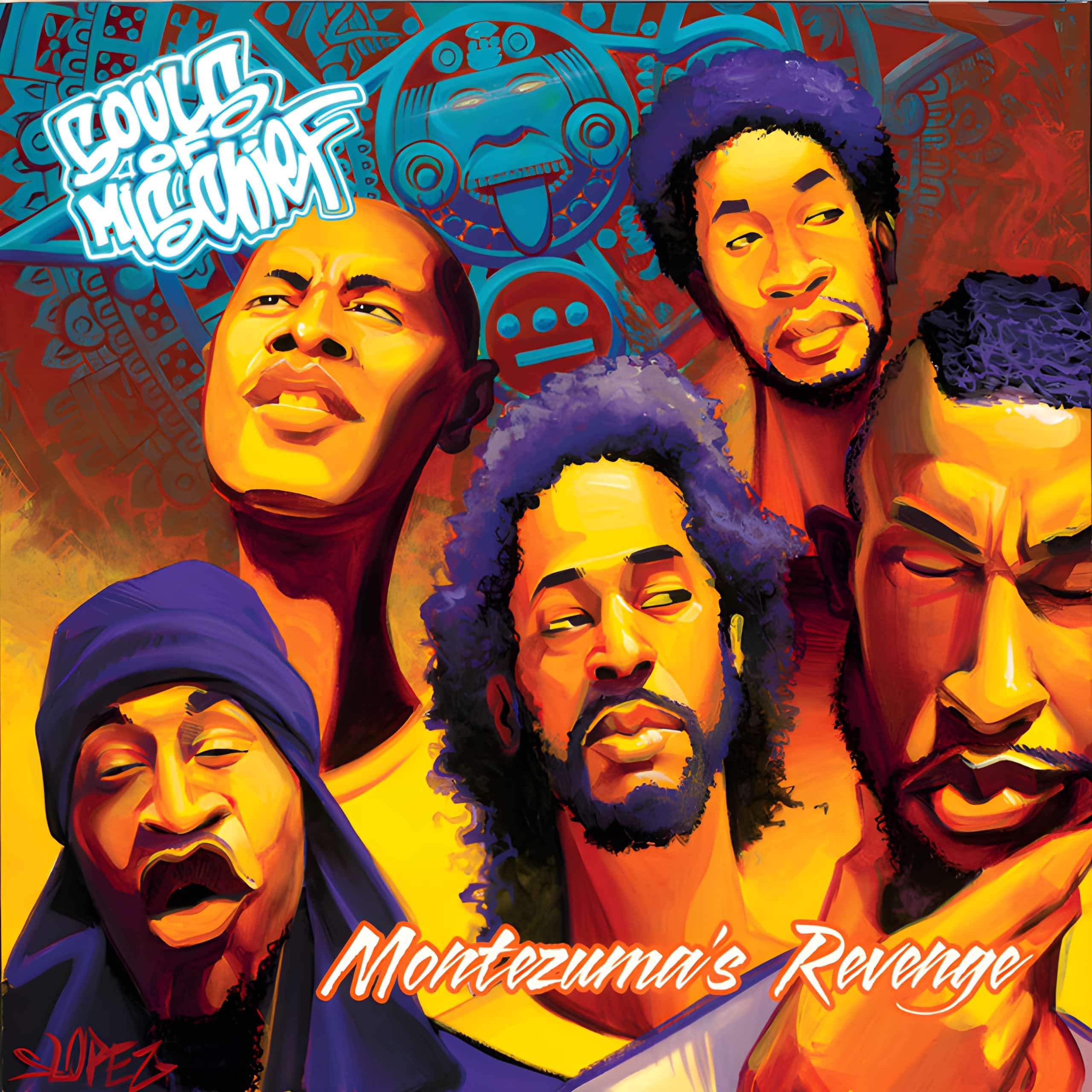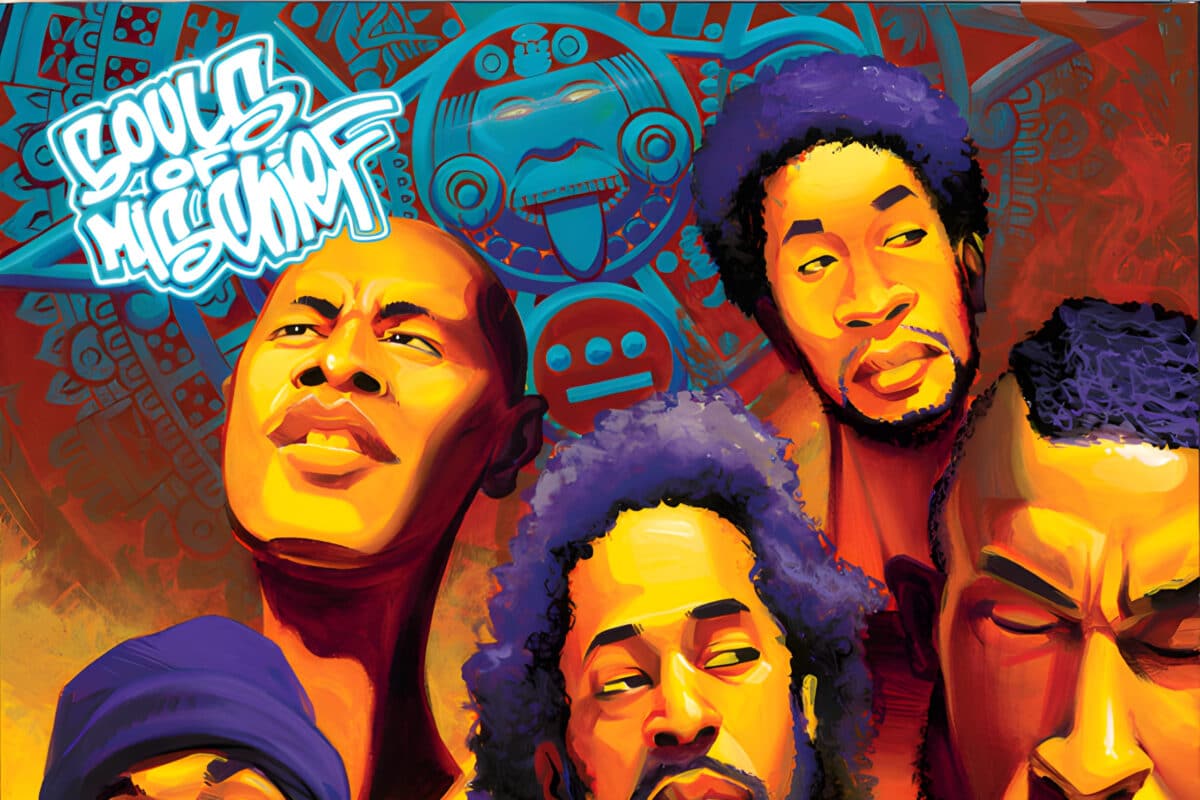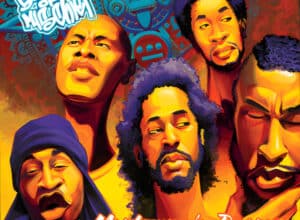Released: 2009
The song “You Got It” by Souls of Mischief primarily discusses the various facets of having “it,” be it charisma, possessions, or diseases, through multiple narratives. Each verse unravels a story or a scenario illustrating what it means to have “it,” capturing both the glamour and the potential pitfalls associated with such possessions. The song is marked by its keen sense of realism and a mix of street-wise wisdom intertwined with social commentary.
The hook “You got it” is a versatile line repeated throughout the song. It’s used both as a proclamation and a caution, depending on the context within each verse. The phrase encapsulates the pride, allure, and responsibility that comes with possession, making it an intriguing rhetorical device that propels the narratives forward.
In the opening lines, A-Plus hints at a dual nature of success. The initial reference to “the man” highlights the superficial nature of external validation through possession. When someone has “it,” they automatically attract both admirers and those who may wish to exploit them, encapsulating a cycle of perceived success and vulnerability.

A-Plus also describes the admiration for a particular woman, suggesting her influence might “change the world.” Here, the song begins to play with the idea of beauty and charm as potent forces that can have a wide-ranging impact, presenting them as an undeniable part of “it.” This perspective portrays admiration as both sincere and a warning of possible manipulation.
The next section shifts towards camaraderie and a subtle underworld influence. A-Plus narrates an incident where loyalty among friends leads to violence against a potential threat. “Hoo rided,” a slang term for taking aggressive action, highlights how “it” involves protecting one’s status or possessions at any cost, underscoring the gritty reality behind maintaining power or prestige.
As the narrative progresses, the track takes a personal turn with an engaging storytelling technique that showcases a complex romantic interaction. A-Plus shares an experience with a woman referred to as “Jane Doe,” symbolizing anonymity and universal allure. Through this relationship, “it” transforms into an intimate exploration of sensual and potentially reckless encounters, further emphasizing the broad spectrum of “it.”
The song pivots sharply with a cautionary tale about sexual health. A-Plus delves into the grim reality of sexually transmitted infections (STIs), demonstrating a different kind of “it”—an unwanted disease contracted due to carelessness. Here, the rapper uses explicit imagery to emphasize the dangers lurking behind hedonistic lifestyles, serving as a social warning to listeners.
Following the serious undertone about STIs, the verse addresses the conflicting perceptions of masculinity and the stigma around seeking medical help. This segment dissects how societal expectations and misguided notions of masculinity can prevent individuals from making informed health decisions, reflecting another angle on the consequences of having “it.”
As the track continues, the perspective shifts to a cautionary success story of an athlete who rose to fame but suffered due to poor life choices. The imagery of “quarterback of the team” and “prime king” quickly descends into public disgrace captured by paparazzi, demonstrating how “it,” in terms of fame, can rapidly turn against those who chase it blindly without consideration for personal integrity.
In closing, “You Got It” by Souls of Mischief functions as a reflective social narrative that intertwines elements of triumph and caution. By exploring varied dimensions of having “it,” the song scrutinizes societal values surrounding success, possessions, and personal health. This track underscores the hip-hop genre’s power to deliver poignant messages wrapped in engaging lyrical storytelling.






